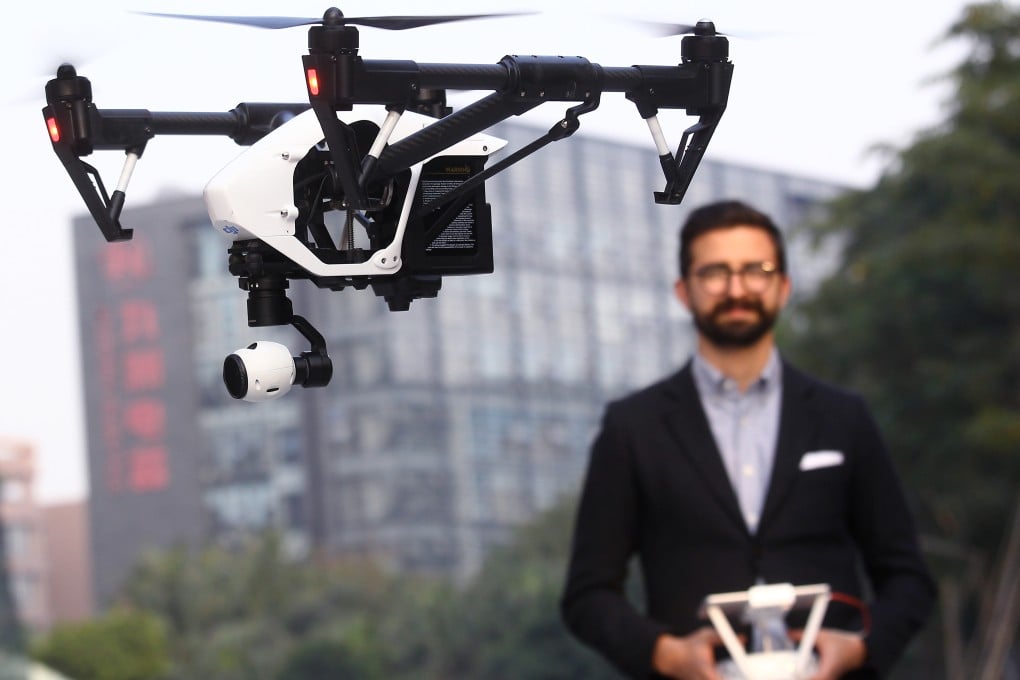Mr. Shangkong | Shenzhen drone maker DJI was the technology start-up that got away
The important question is whether Hong Kong is prepared for some serious disruptive thinking

Once upon a time Hong Kong was close to making itself home to one of the world's most innovative companies - but eventually missed the golden opportunity for both political and economic reasons.
Even more sadly, apparently almost no one in Hong Kong realised or cared about the missed opportunity until recently when "start-up" became the top buzzword in both government and business. The company I'm talking about is DJI, also known as Dajiang Innovations, now the world's biggest supplier of civilian drones - and headquartered in Shenzhen.
Right after mainland-born Frank Wang Tao, DJI's founder and chief executive, graduated in 2006 from Hong Kong University of Science and Technology, where he studied electronic and computer engineering, he was keen to set up his first start-up in Hong Kong. But Wang's efforts went nowhere, due partly to a lack of funding, lack of government policy support and other operational issues in the city.
Wang was forced to give up Hong Kong as the first choice for his start-up and later launched DJI in Shenzhen. Nowadays, Shenzhen is not only the home for DJI but also the hub for many other key technology businesses including Tencent, the parent of the popular real-time messaging app WeChat.
But a lot of innovation-driven businesses don't require huge space in upmarket locations. The more important and urgent question facing Hong Kong today is whether we are prepared for some serious disruptive thinking about the next chapter of Hong Kong's business and economic development.

